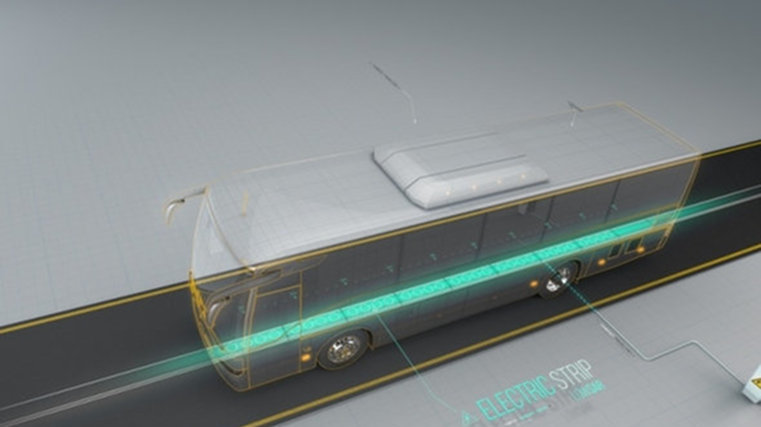NZ Uni to build wireless charging roads

The University of Auckland will receive almost $12 million in funding to research and build wireless charging technology that charges electric vehicles as they are being driven or are parked. It is estimated that by 2050, 37 million electric vehicles will be on the road worldwide. By developing economically viable wireless charging technologies, big hurdles such as cost, weight and range for EVs could be overcome. Professor Grant Covic leads the development of dynamic charging roadways at the University of Auckland’s Faculty of Engineering. Along with Computer and Electrical Engineering Emeritus Professor John Boys, he founded a global start-up company that has been sold to technology development company Qualcomm. However the University retains Intellectual Property rights. Qualcomm recently tested vehicles over a specially-designed track in France. The project has a number of implementation companies in New Zealand involved including Vector, Downer, JuicePoint along with public agencies Ministry of Transport, NZTA and Auckland Transport. It is estimated that by 2050, 37 million electric vehicles will be on the road worldwide. Extending the range of electric vehicles is critical to their success but many of the challenges of plug-in cars have proved difficult to solve. Professor Covic said a further objective of the work is to help New Zealand companies and iwi benefit from the technology through new knowledge and use of local materials. “This work represents the kind of leading-edge design that is going to be so important to the transportation needs of our future cities and how we provide solutions for the public and private infrastructure we are going to need as the world moves towards electric vehicles.” New Zealand joins a number of other countries testing the viability of wireless charging roads. Earlier in the year, an Israeli firm ElectRoad build 80-foot test route at its headquarters, and were awarded a $120,000 grant from Israel’s Ministry of Transport and Road Safety and approval to outfit a portion of a Tel Aviv bus route. South Korea already has several wireless bus routes, and the European Union has established a consortium to research the technology. The University of Auckland has been awarded funding of $11,981,875 for five years.





